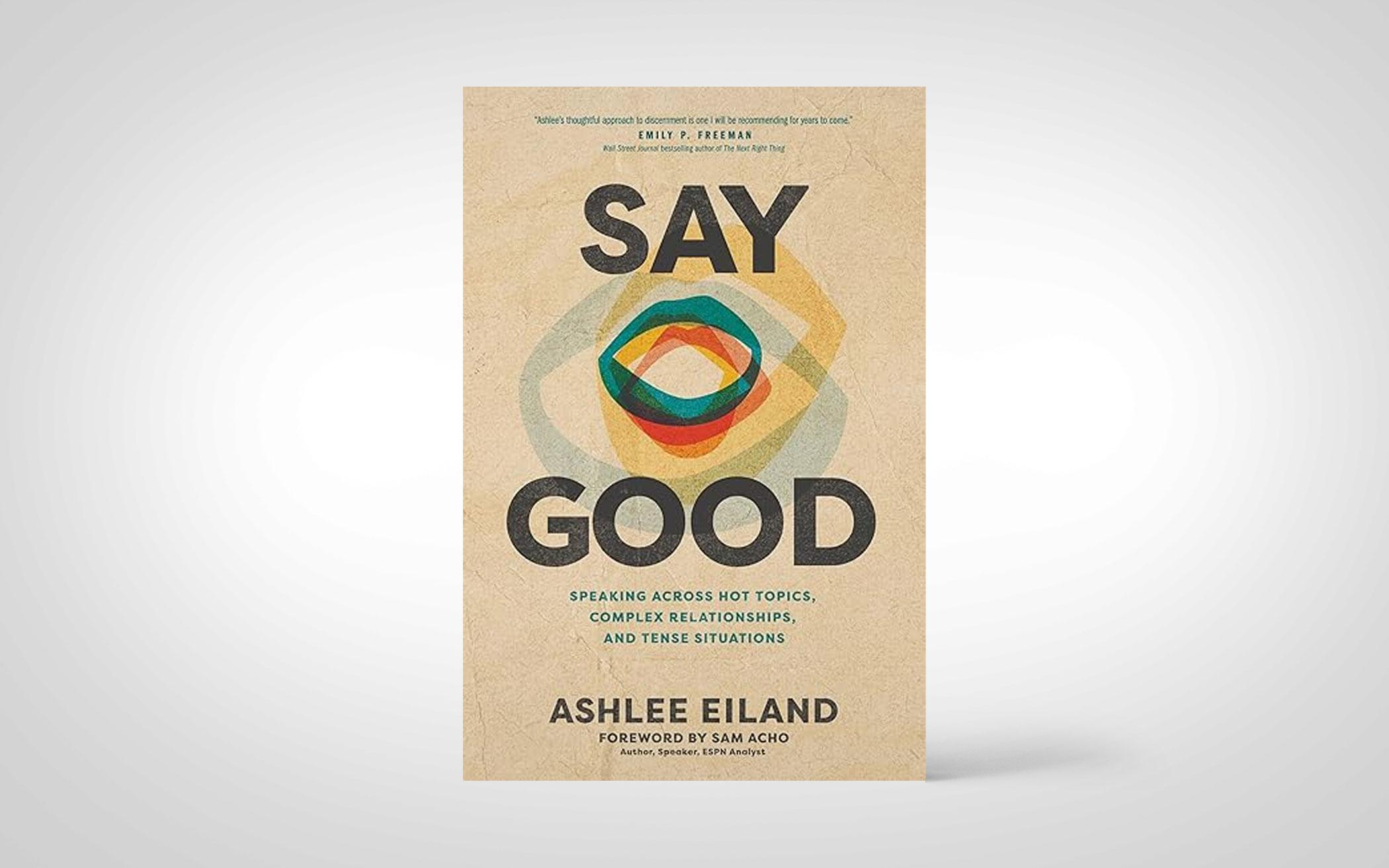The cab driver in Chicago needed someone to push back at him, kindly but firmly, but I felt slightly ill at the prospect of speaking my piece.
For the past half hour, my husband and I and two of our kids had listened mutely and wide-eyed to an increasingly racist monologue, and I knew I had to say something, but what?
When we got to our hotel, everyone exited the cab except for me. With my heart pounding, I paid him and took a deep breath, praying for wisdom and courage. What happened next was clunky, halting, and messier than a Chicago-style hot dog dropped on a white shirt. But in the end, the message was delivered: the way he had spoken of Black people was not OK.
I wish I had read Ashlee Eiland’s vital, dynamic book beforehand, to embolden me and give me a clear vision of what it could mean to call out comments that dehumanized God’s image-bearers. “Upholding and reminding others of the innate value of dignity of every human being is not always going to be easy or comfortable,” Eiland, a pastor and educator, writes. “That’s the risk of saying good.”
This is a book for our terrible and complicated cultural moment, rife with polarization and division, where we could all use a little guidance and fresh courage as we decide whether to speak the truth into our communities and relationships or stay silent. Thankfully, not every person must speak out on every loaded topic, Eiland says. We won’t all have the same passions, experiences, and convictions, and that’s OK. But how can we know what to say and when?
Wisdom is crucial, and so is compassion and speaking from “a deeply-formed place.” It can feel like walking a high wire, which is why Eiland uses just that as her working analogy throughout the book. Just as a highwire artist starts practicing on the ground and then on low wires before stepping across Niagara Falls, we too must learn how to perceive a situation and navigate our voices well across strained and complex circumstances.
Eiland found herself walking the high wire after the murder of Ahmaud Arbery, when her mostly white church, neighborhood, and school community looked to her, a Black woman, for guidance. But she sensed that God was not calling her to take on this huge mantle by herself, or at all. She learned that sometimes, saying good means seeking restoration and healing for herself rather than wading into every controversy.
Healing is also vital, as an unhealed heart is liable to lash out from a place of wounding, not a rock-solid base of grounding and strength. This concept made me think differently about comments I see on the internet, not to mention comments I make! The internet makes it easy to jump into controversy and make it worse. Resist that urge, Eiland says. Heal first and always consider the human being behind even the most flammable posts.
Yes, bridging a canyon is hard, deep work, for the likes of the Wallenda family of tightrope artists and each one of us. But when we join God in this work, he guides us every step of the way. “The chasms will be there as long as we live, but that’s not the grace in this story,” Eiland writes. “God’s miraculous grace is that we choose to walk across, choose to talk across tensions and heights … somehow chasms turn into bridges.” (NavPress)
About the Author
Lorilee Craker, a native of Winnipeg, Man., lives in Grand Rapids, Mich. The author of 16 books, she is the Mixed Media editor of The Banner. Her latest book is called Eat Like a Heroine: Nourish and Flourish With Bookish Stars From Anne of Green Gables to Zora Neale Hurston.

